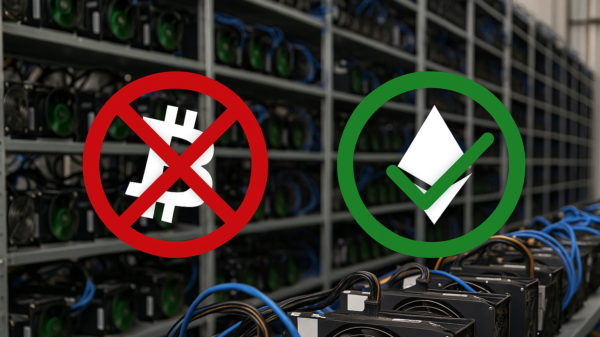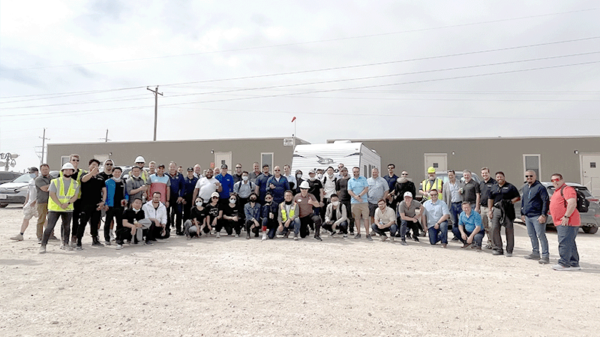Texas-based Bitcoin mining companies could face the loss of financial incentives that have provided them with a significant competitive edge in the Lone Star State in the near future.
Bill 1751 imposes limitations on Bitcoin mining companies’ participation in a state-operated demand response program. Having passed the Senate on April 12, the bill returns to the House for a final reading and vote before landing on Governor Greg Abbott’s desk for signing.
The incentives come in the form of kickbacks for Bitcoin mining firms scale back their operations during periods of high demand and low electricity supply, allowing the Texas grid to reallocate power resources to residents, commercial buildings, and other services.
In return for this service, the Electric Reliability Council of Texas (ERCOT) typically provides compensation to these industrial consumers, although the nature and amount of compensation can vary depending on individual power contracts. For bitcoin miners specifically, this compensation often comes in the form of “power credits” that can be applied towards future power bills.
The bill reduces this source of revenue for bitcoin miners through a stipulation that bitcoin miners can only account for 10 per cent of demand response, thereby limiting the kickback the company is entitled.
Read more: The world’s largest cryptocurrency exchange leaves Canadian market
Read more: Bank of Canada opens public consultation on digital Canadian dollar
Riot Platforms has received $9.5M in power credits
Riot Platforms (NASDAQ: RIOT), one of the largest Bitcoin mining companies in Texas, has greatly benefited from the existing incentives in the state. During last summer’s heatwave, the company earned a substantial amount of $9.5 million in power credits after temporarily suspending its operations.
The Rockdale Bitcoin mining facility owned by Riot Platforms, considered one of the largest in North America, has a total power capacity of 750 megawatts (MW). Additionally, Riot has commenced development on a significant 1 gigawatt (GW) expansion project in Navarro County to enhance its Bitcoin mining and hosting capabilities, with the initial 400 MW capacity expected to be operational by July 2023.
While there are other Bitcoin miners in Texas, both public and private, that participate in demand response programs, Riot is the only one known for consistently publishing data on their activities. Other large-scale power consumers like hospitals and factories can also take part in these programs, but their operations differ considerably from Bitcoin mining.
Mugglehead has reached out to Riot Platforms, Argo Blockchain (LON: ARB), Galaxy Digital (TSX: GLXY) for comment.
The bill has attracted nationwide attention from cryptocurrency advocacy groups, including the Chamber of Digital Commerce and the Satoshi Action Fund. These organizations have urged Texas residents to express their opposition to the bill through their local representatives.
Follow Joseph Morton on Twitter
joseph@mugglehead.com












